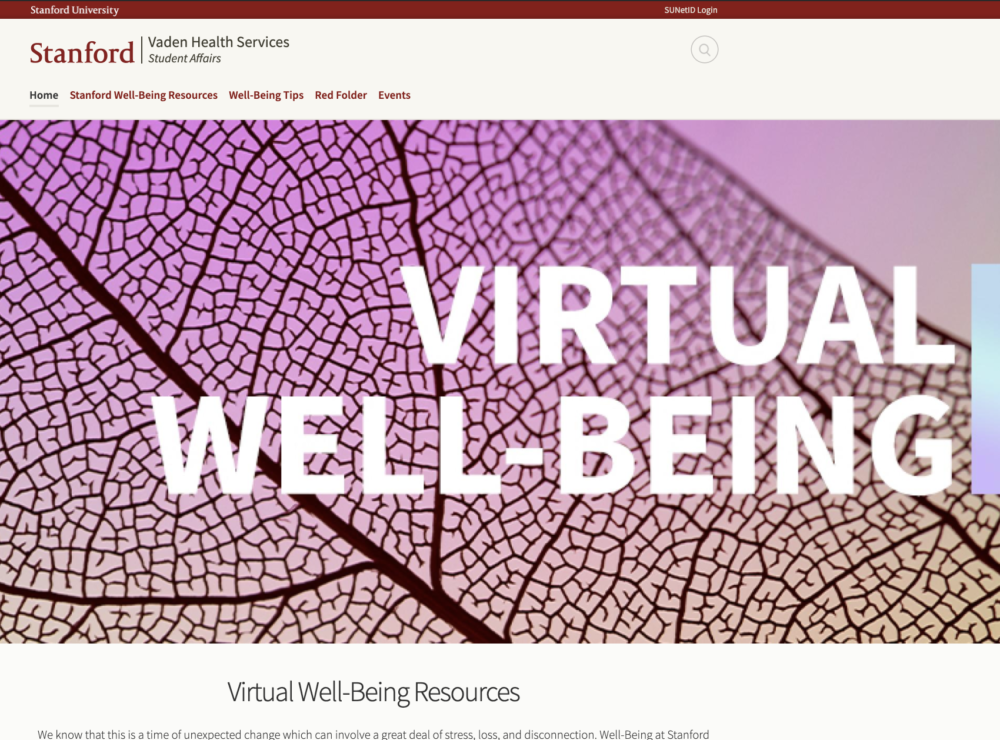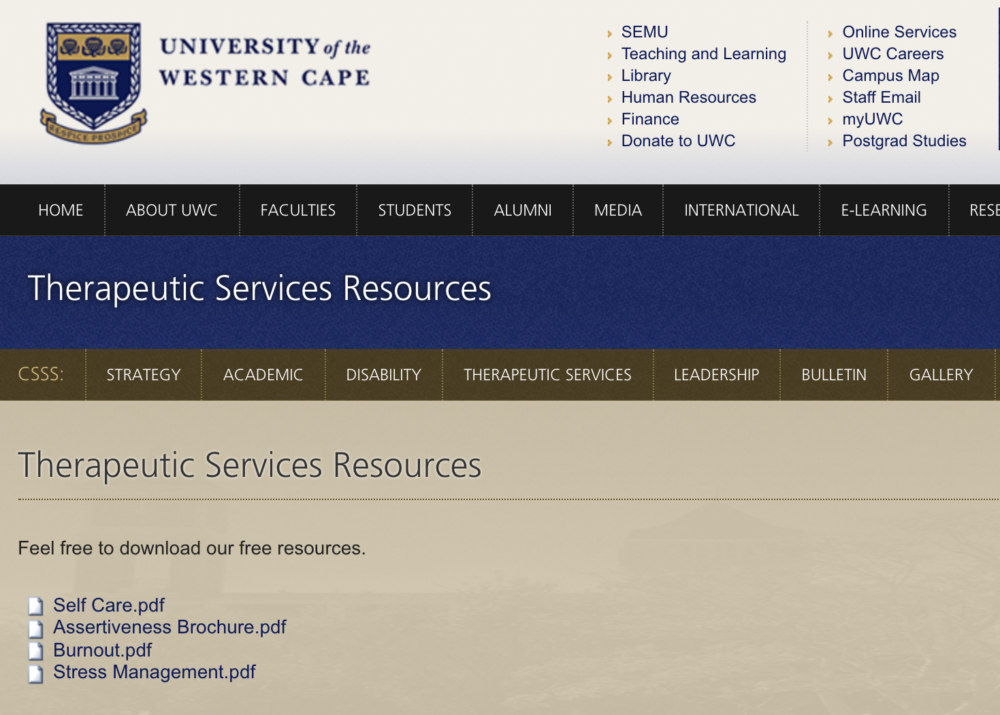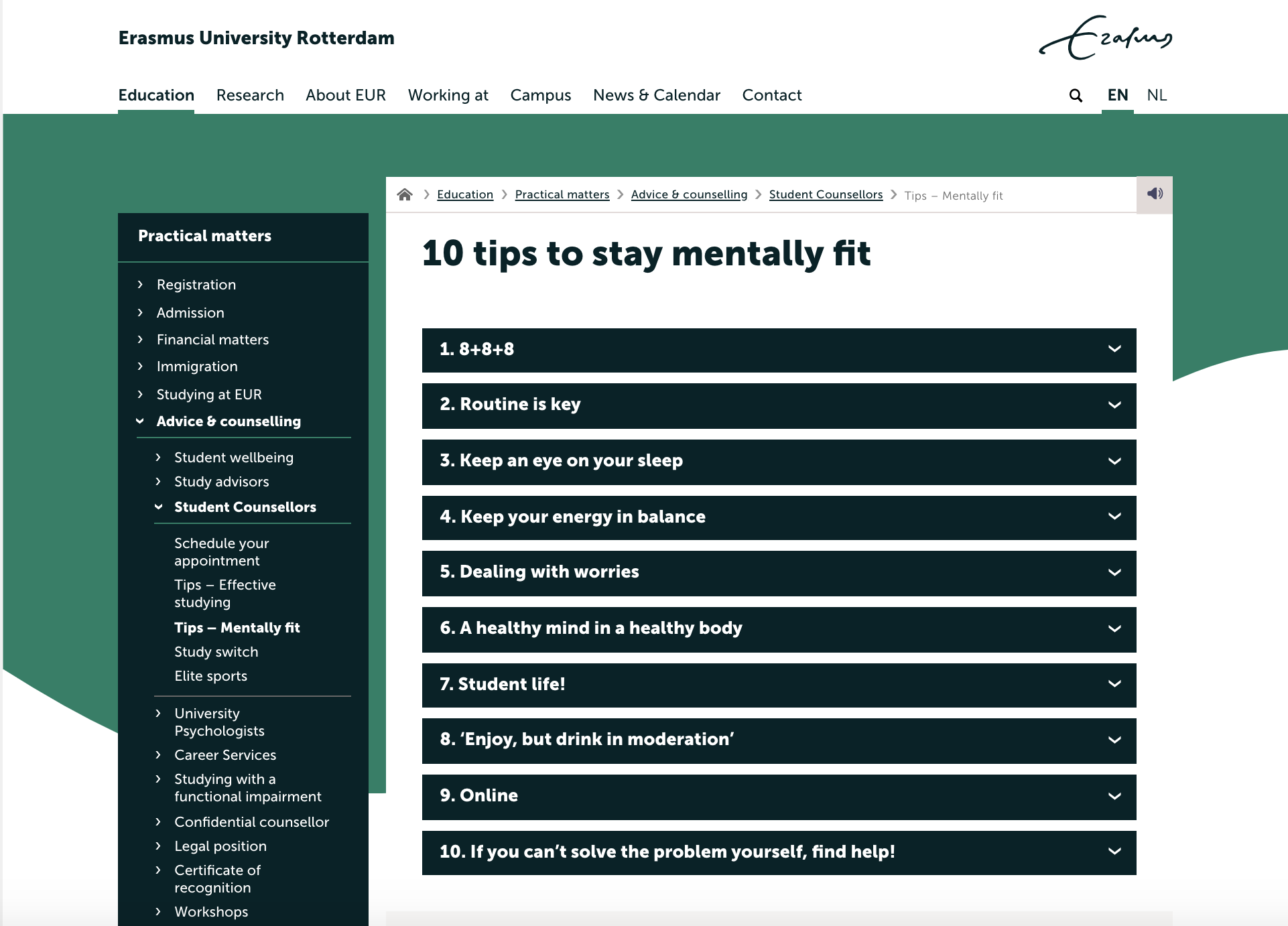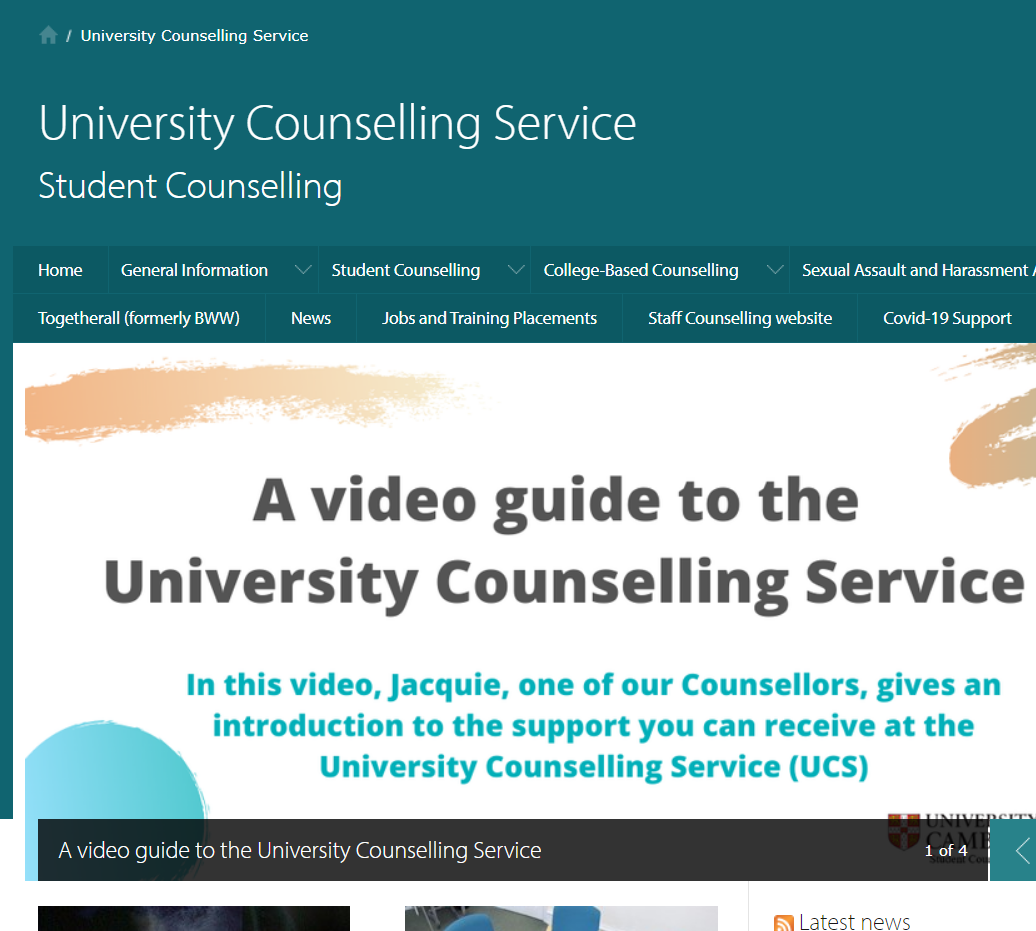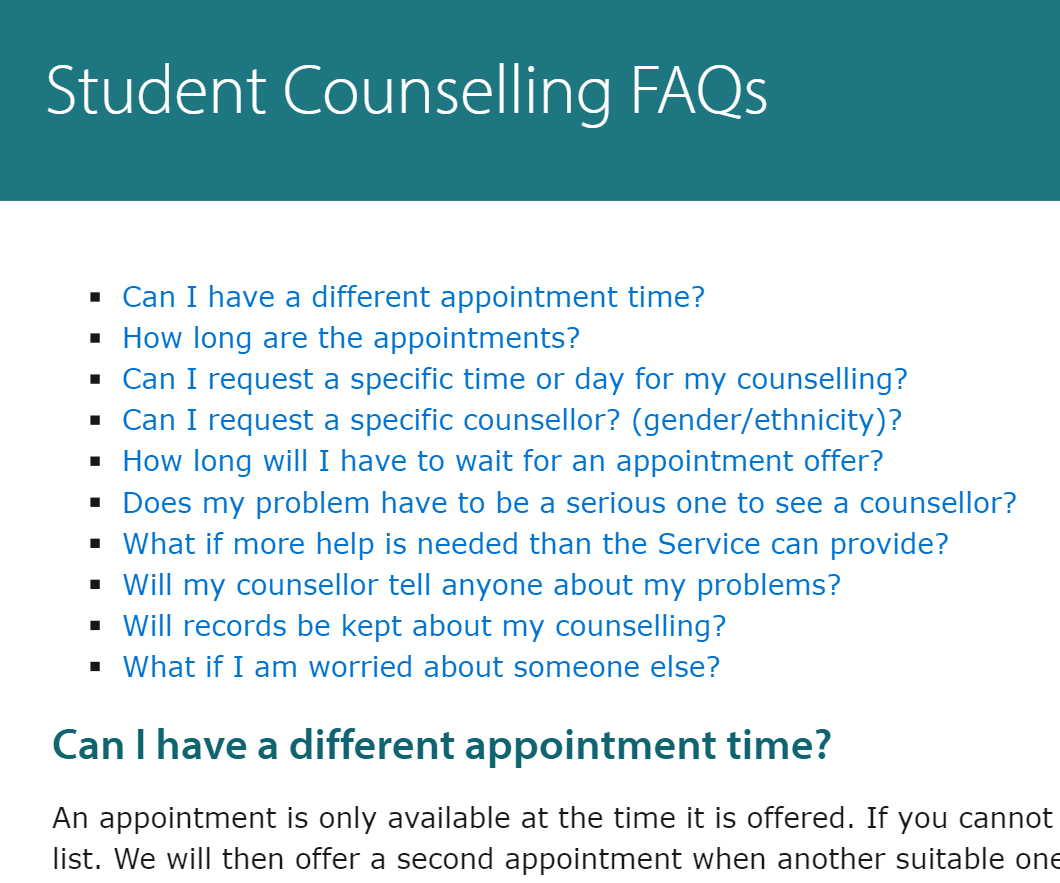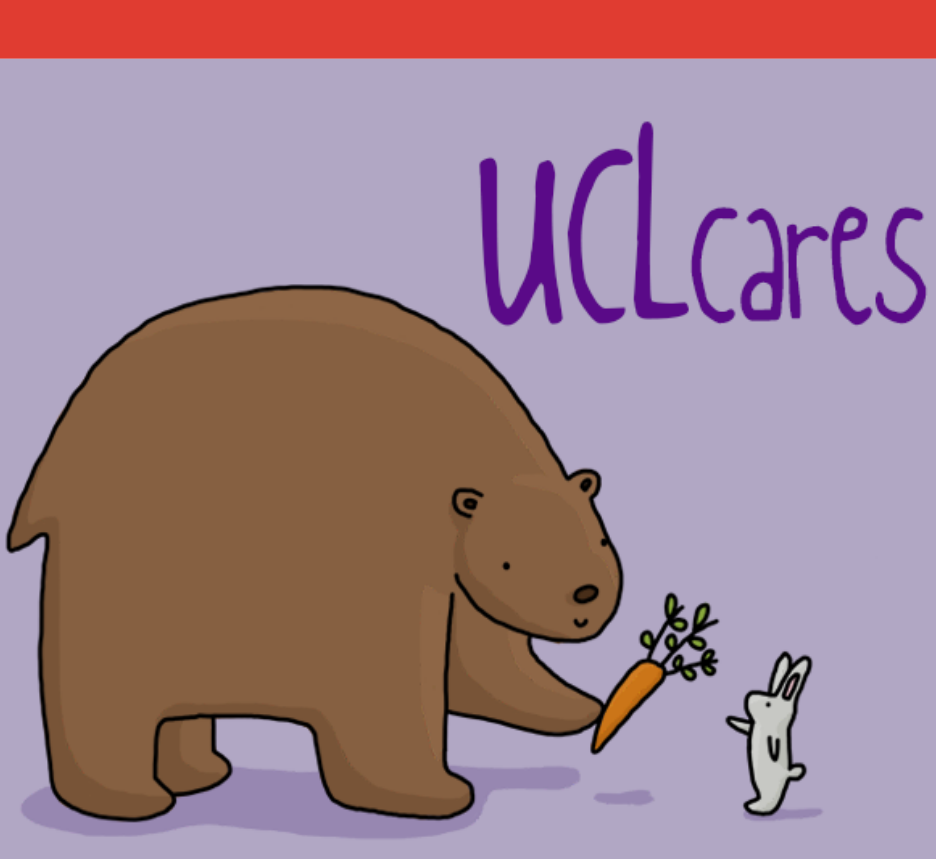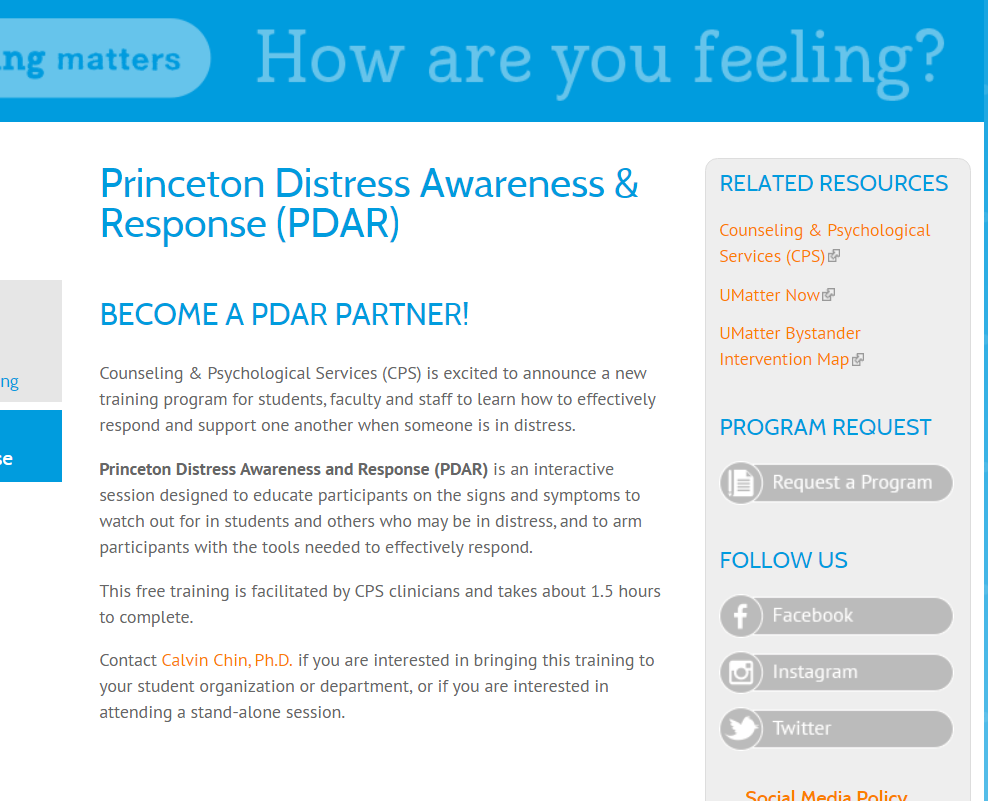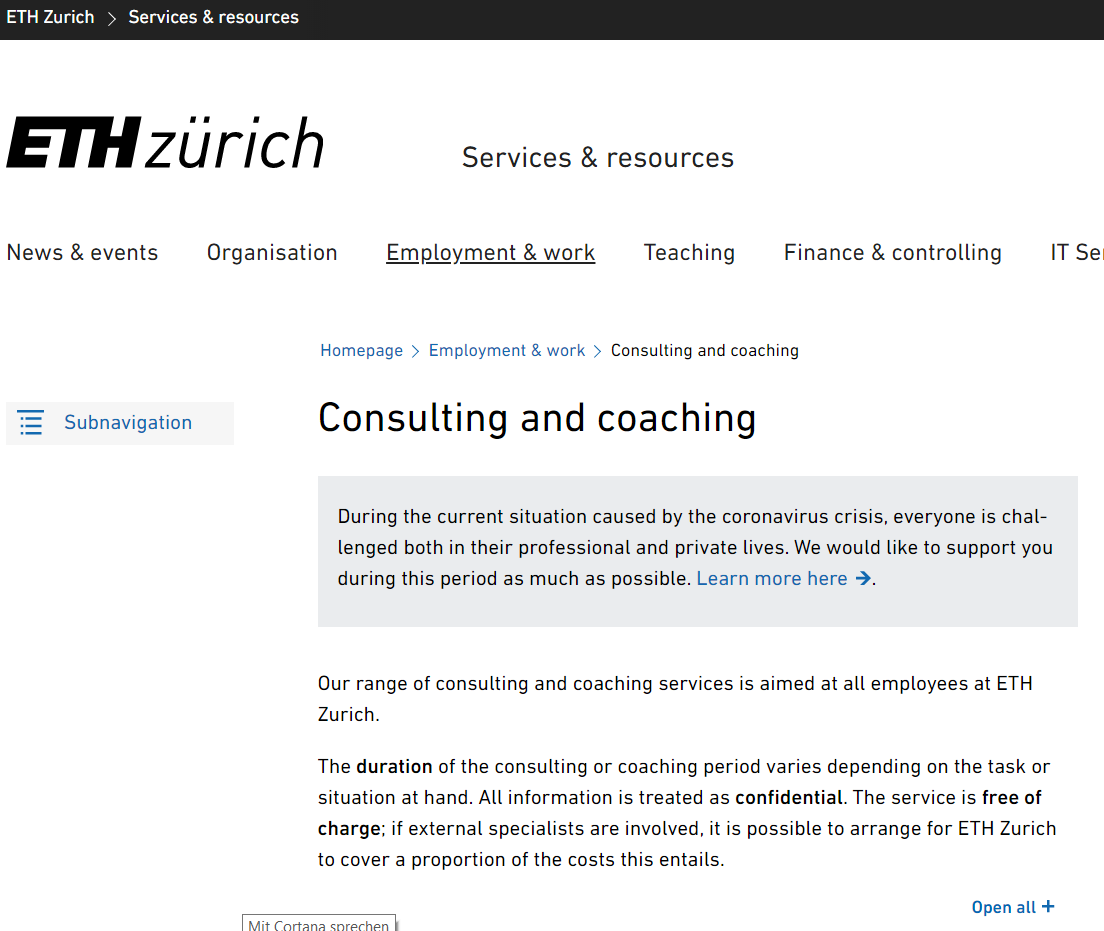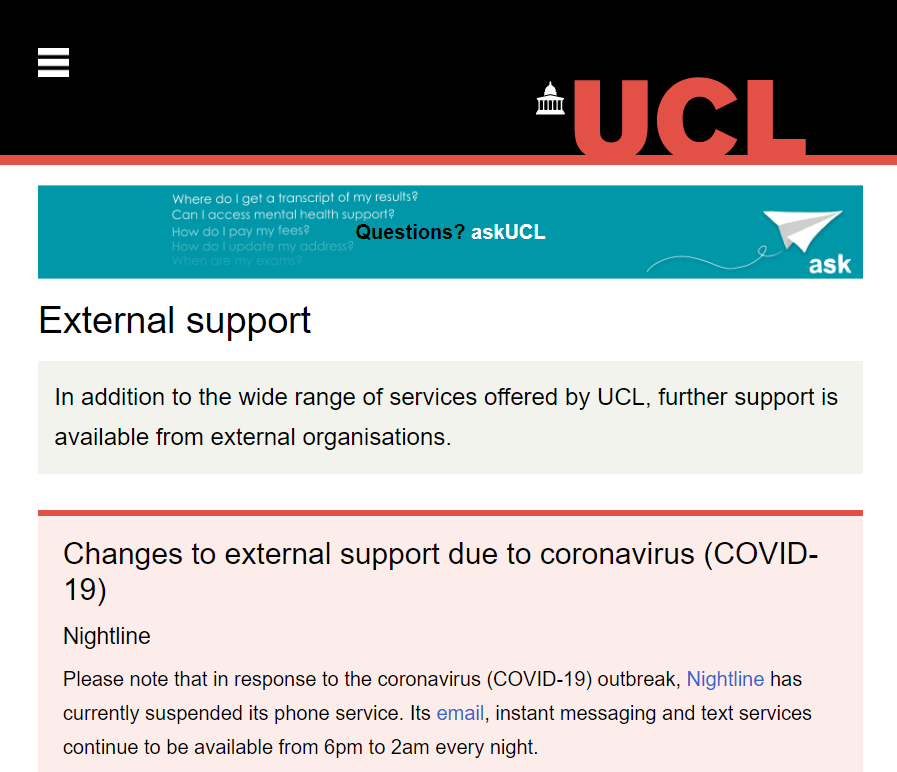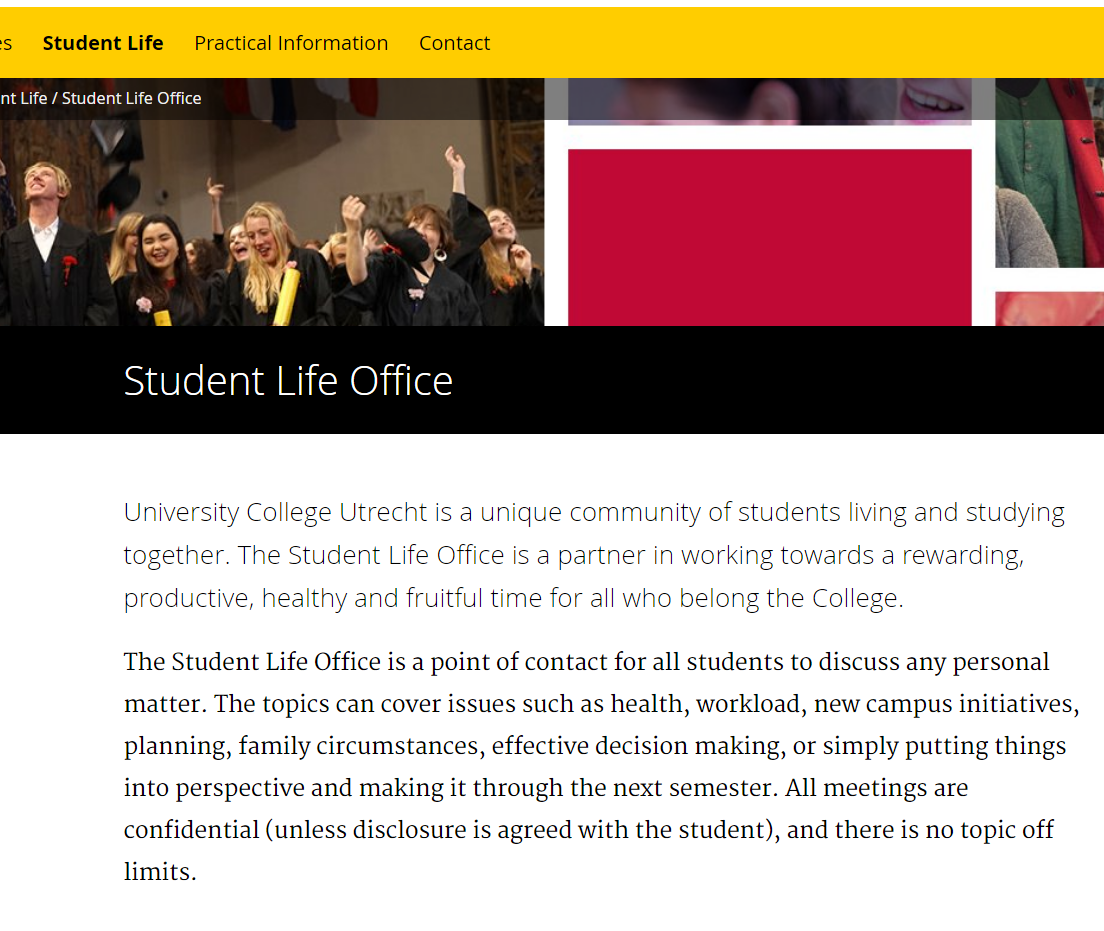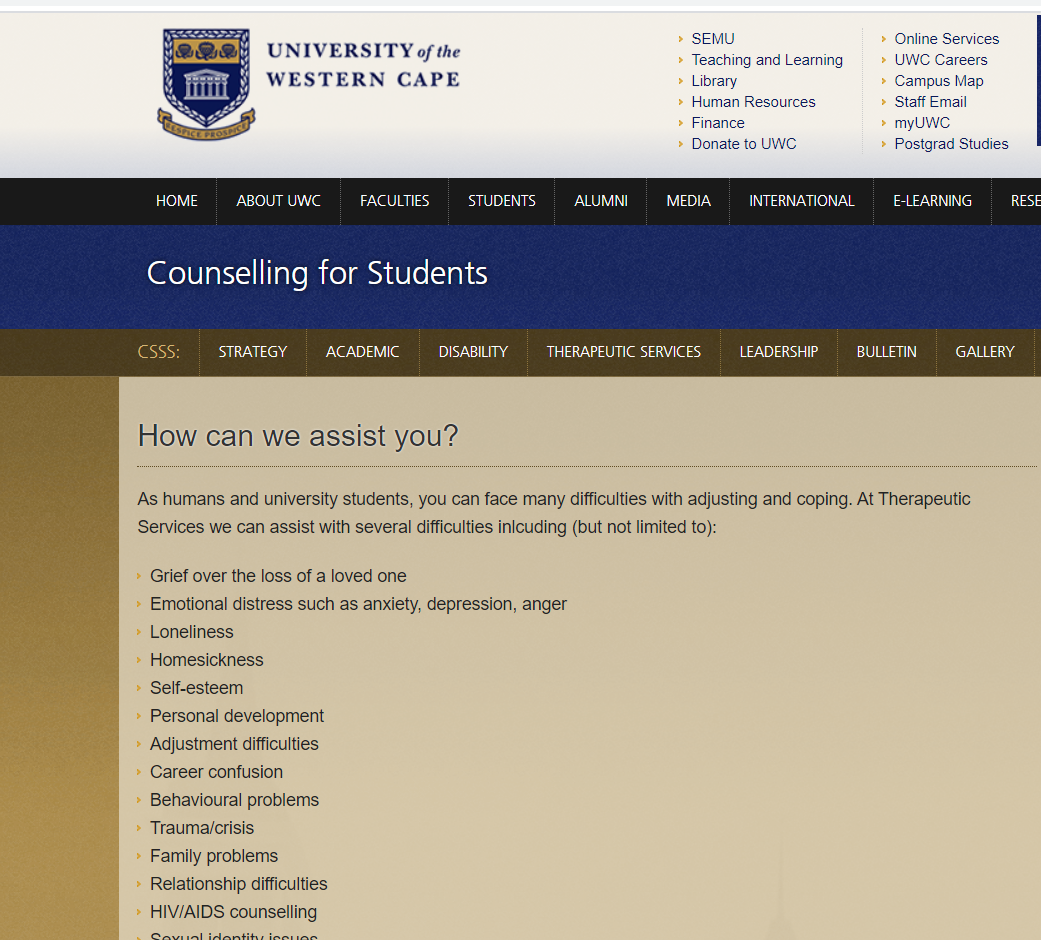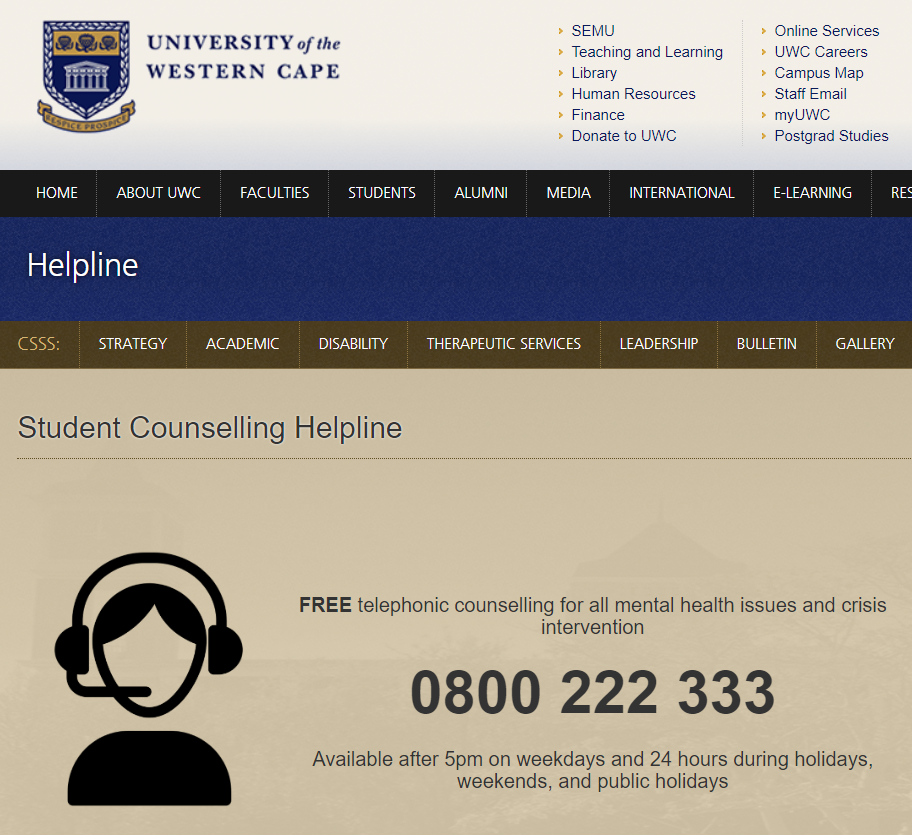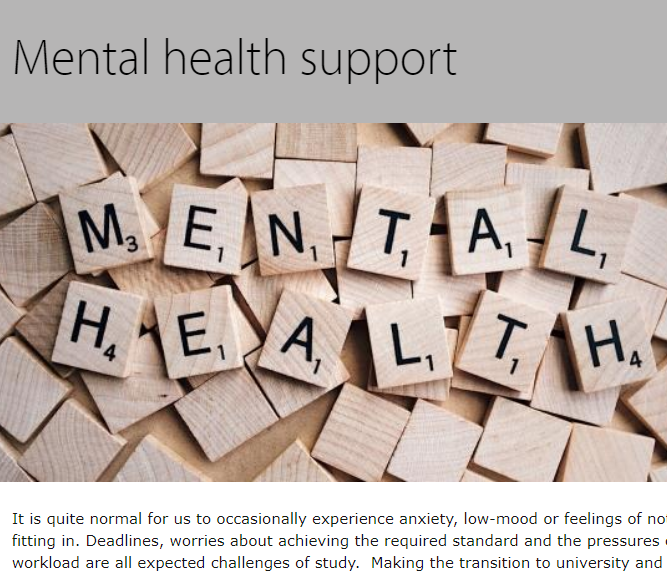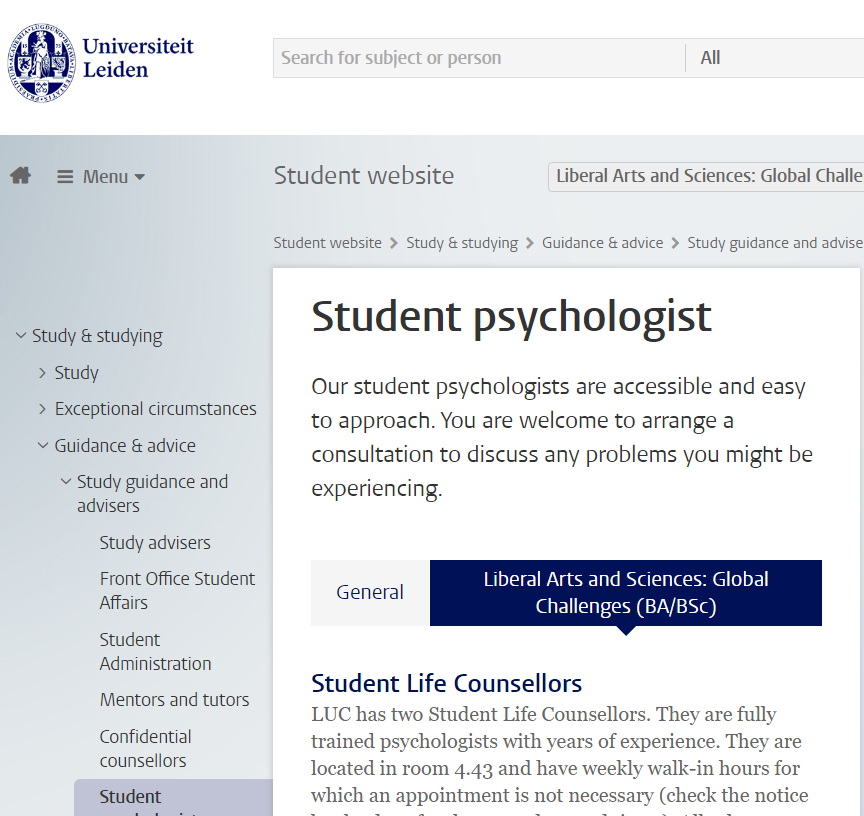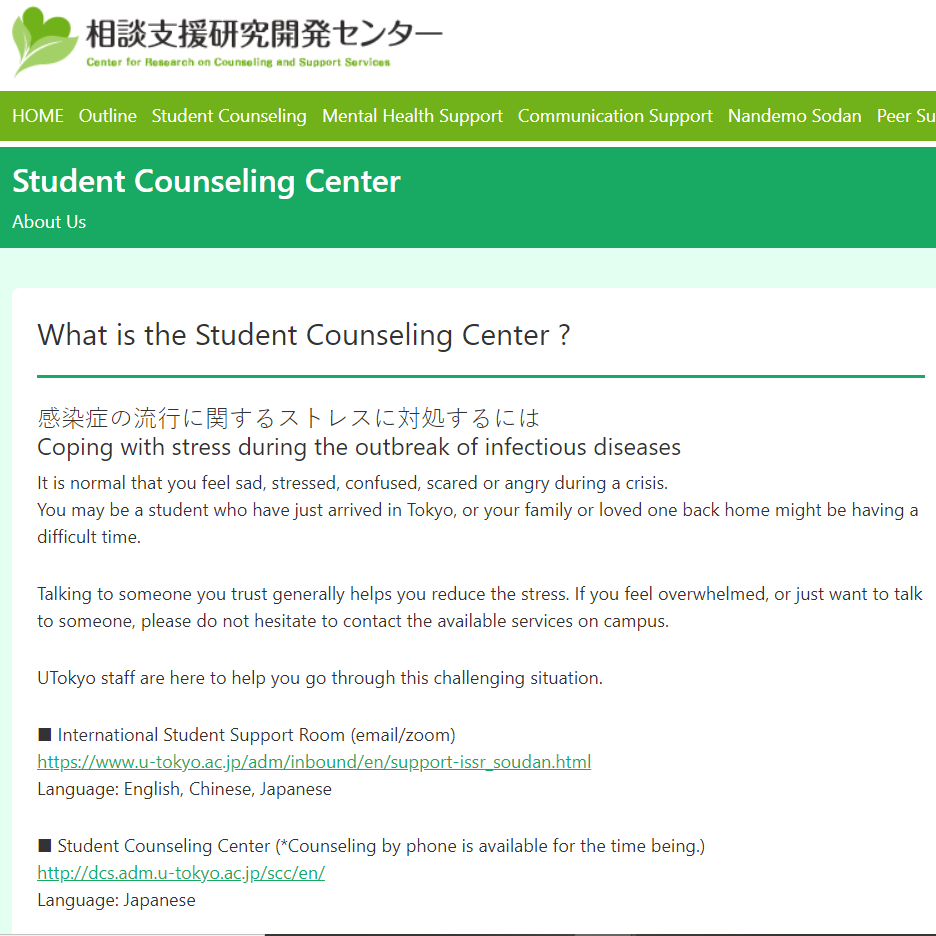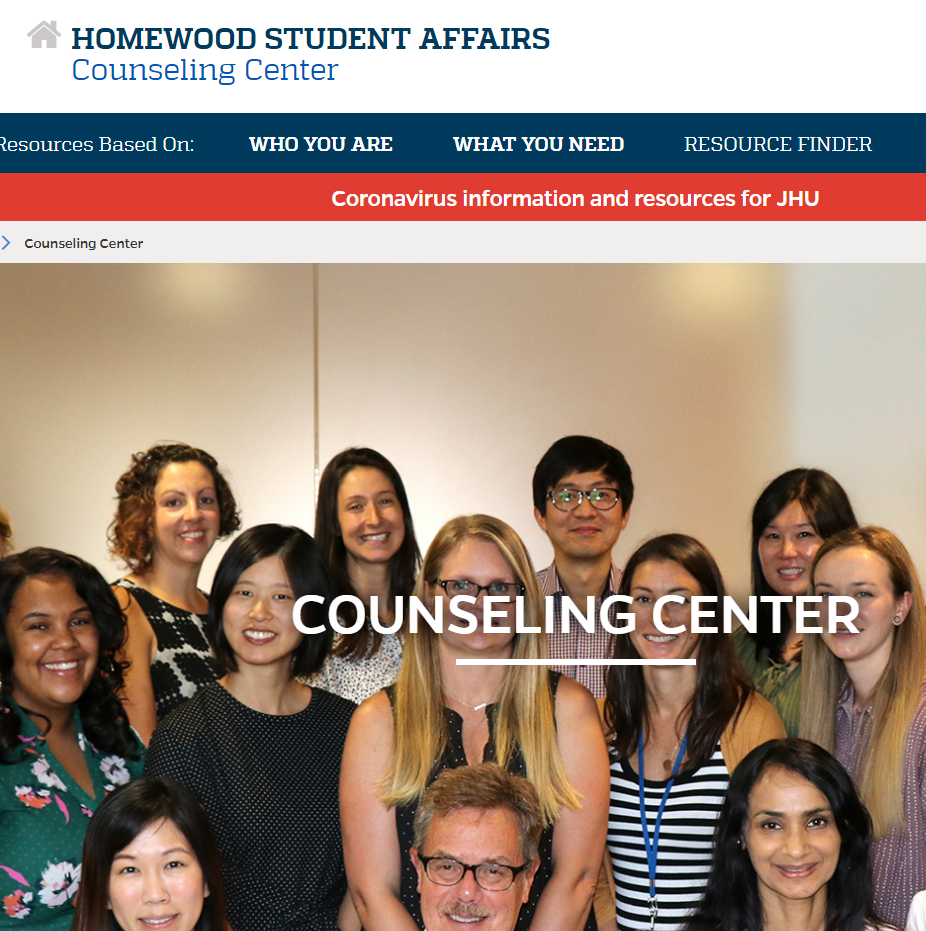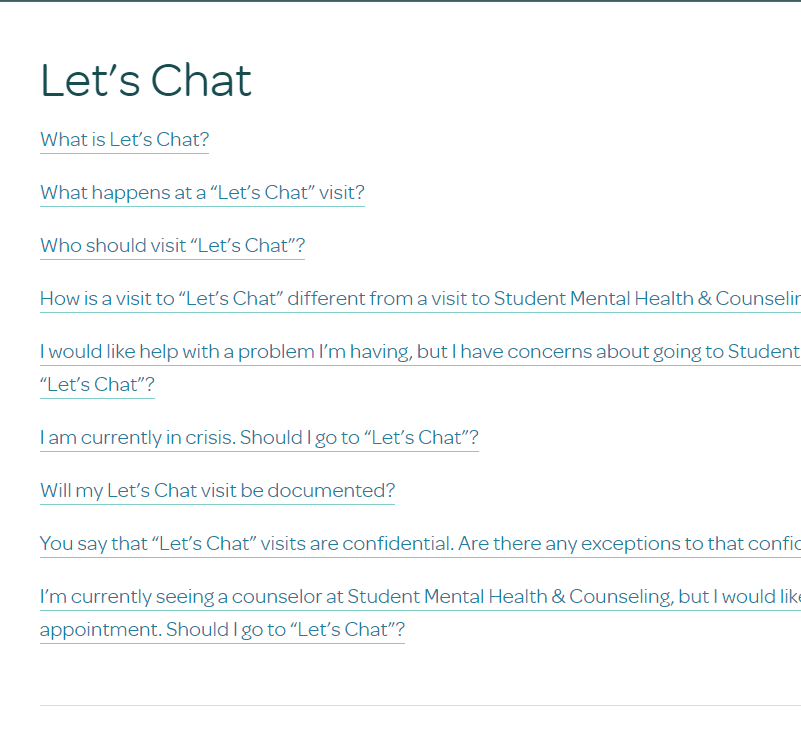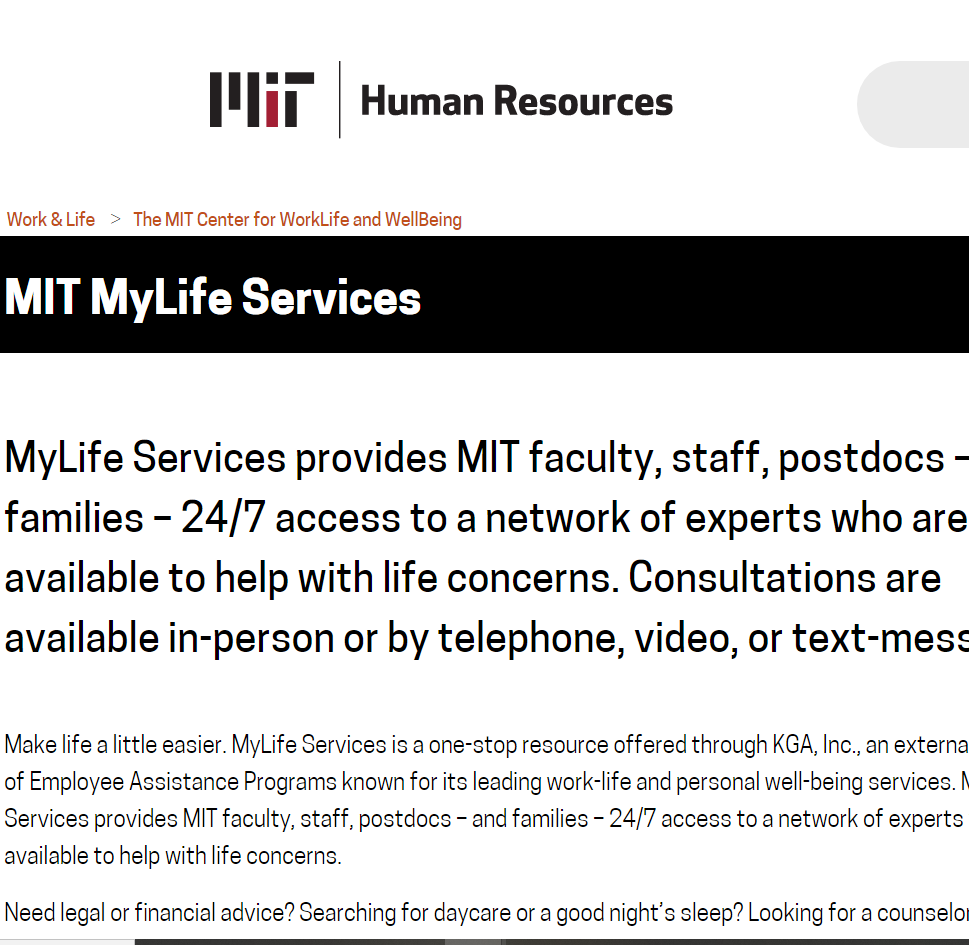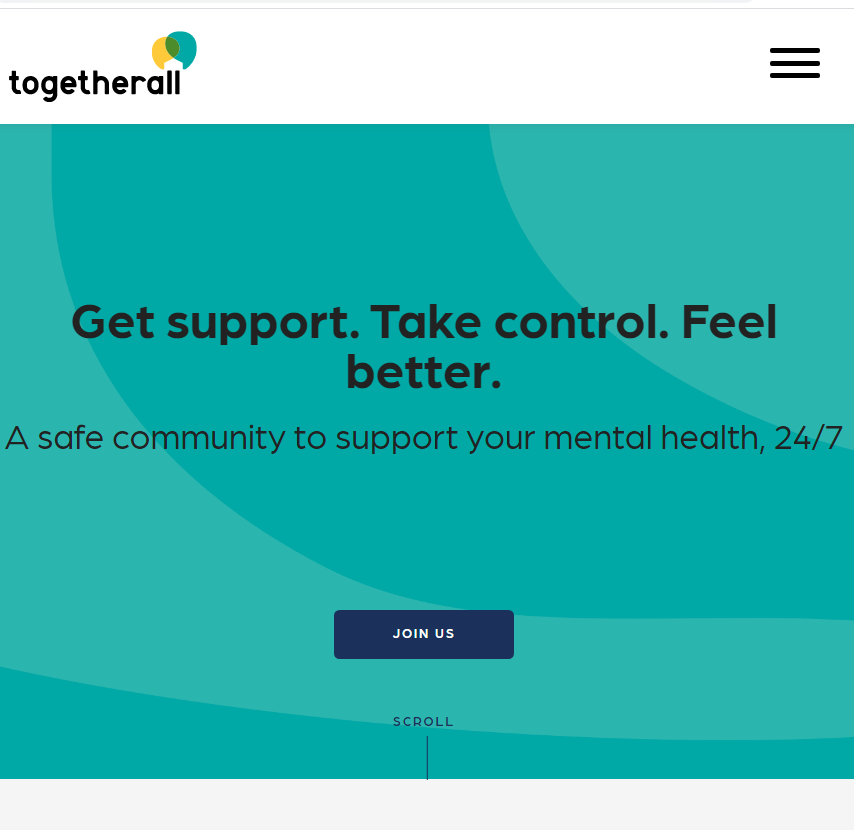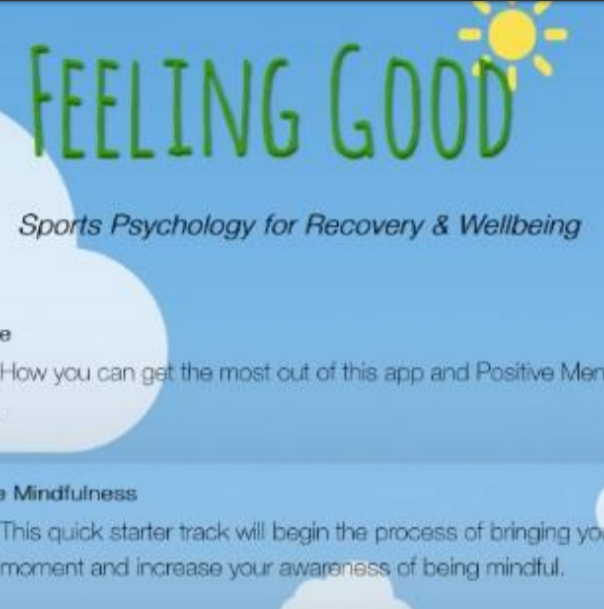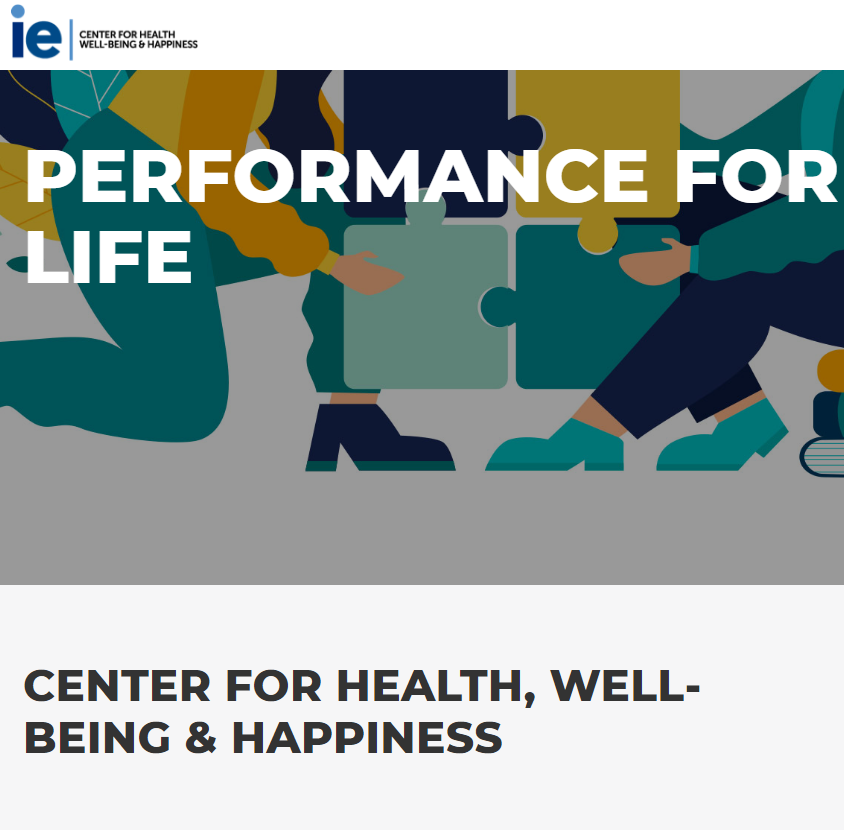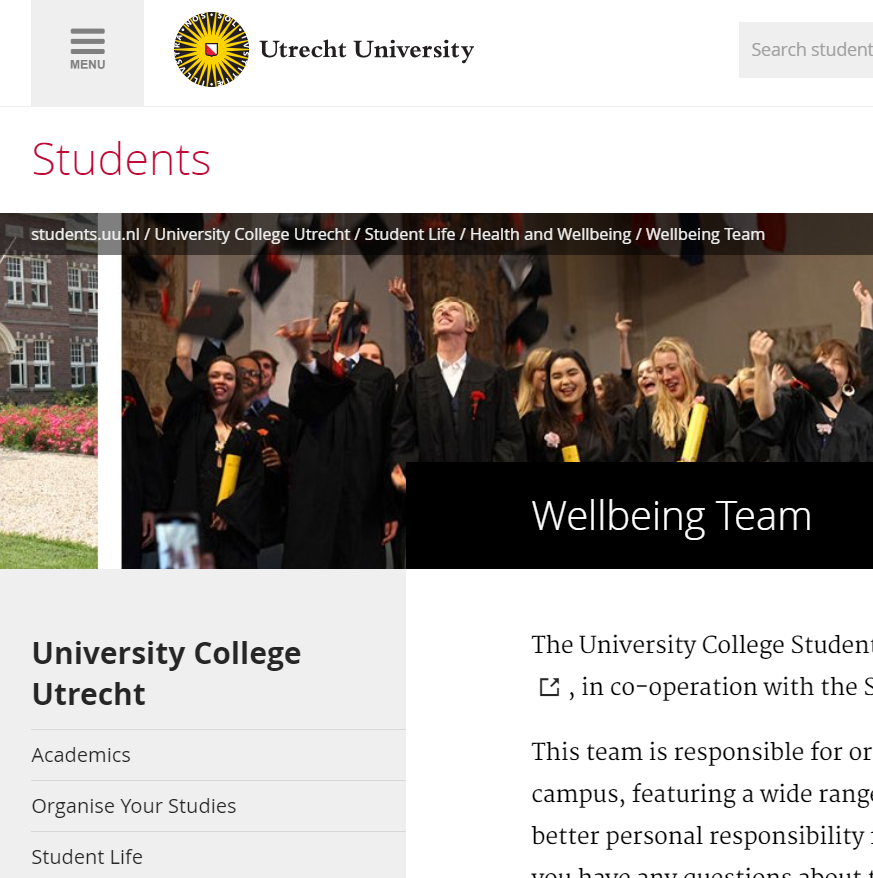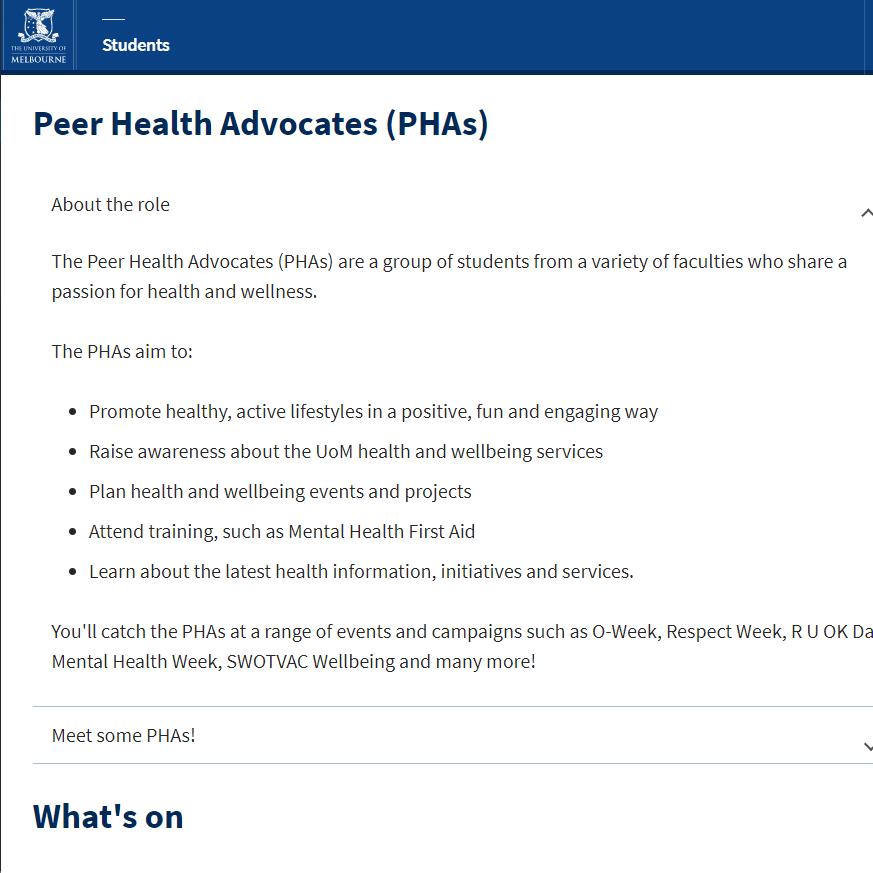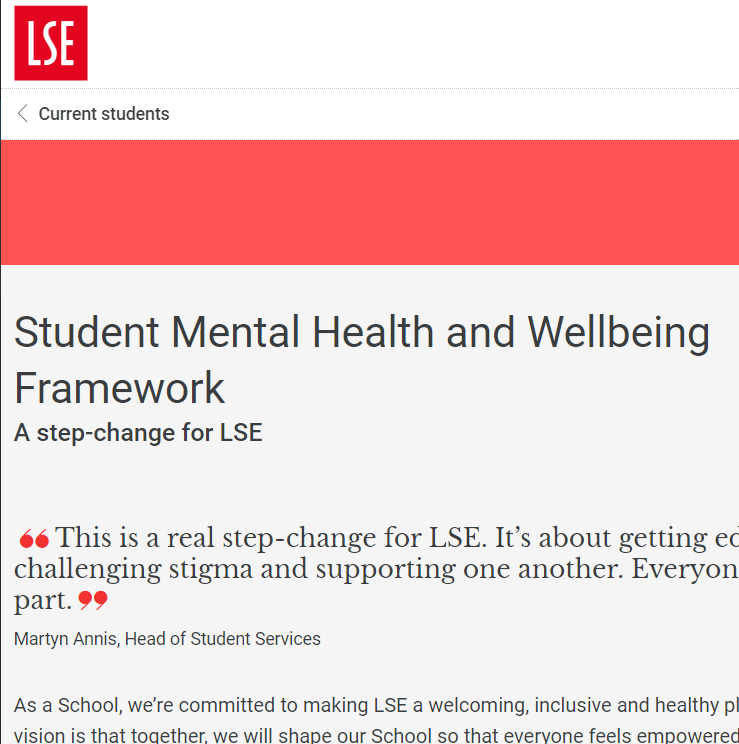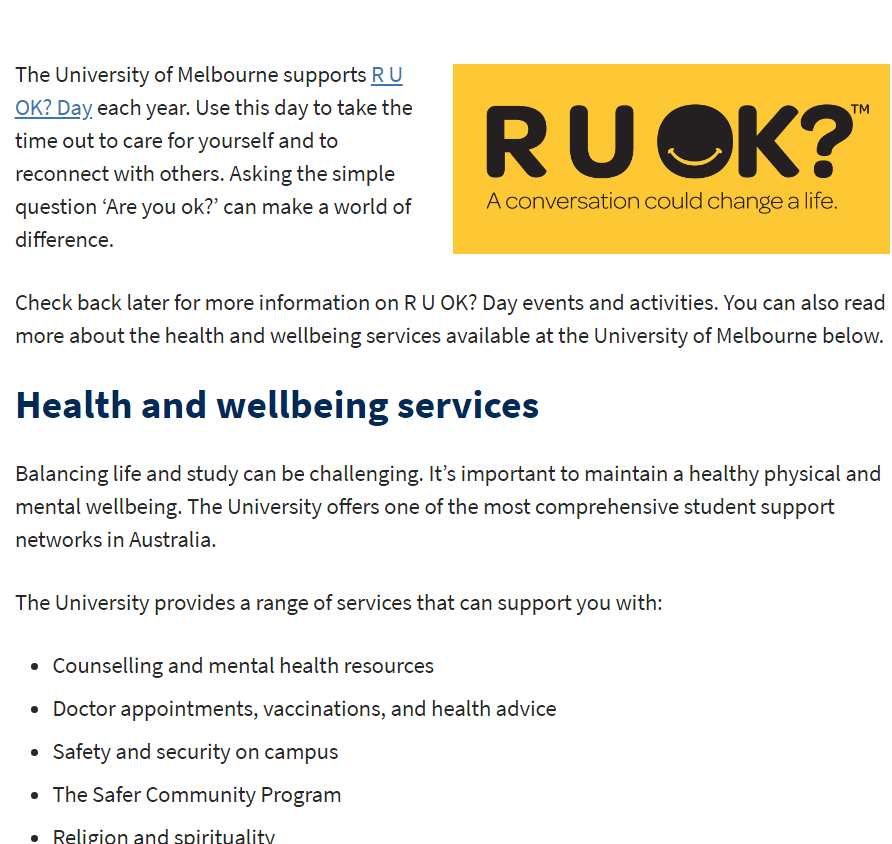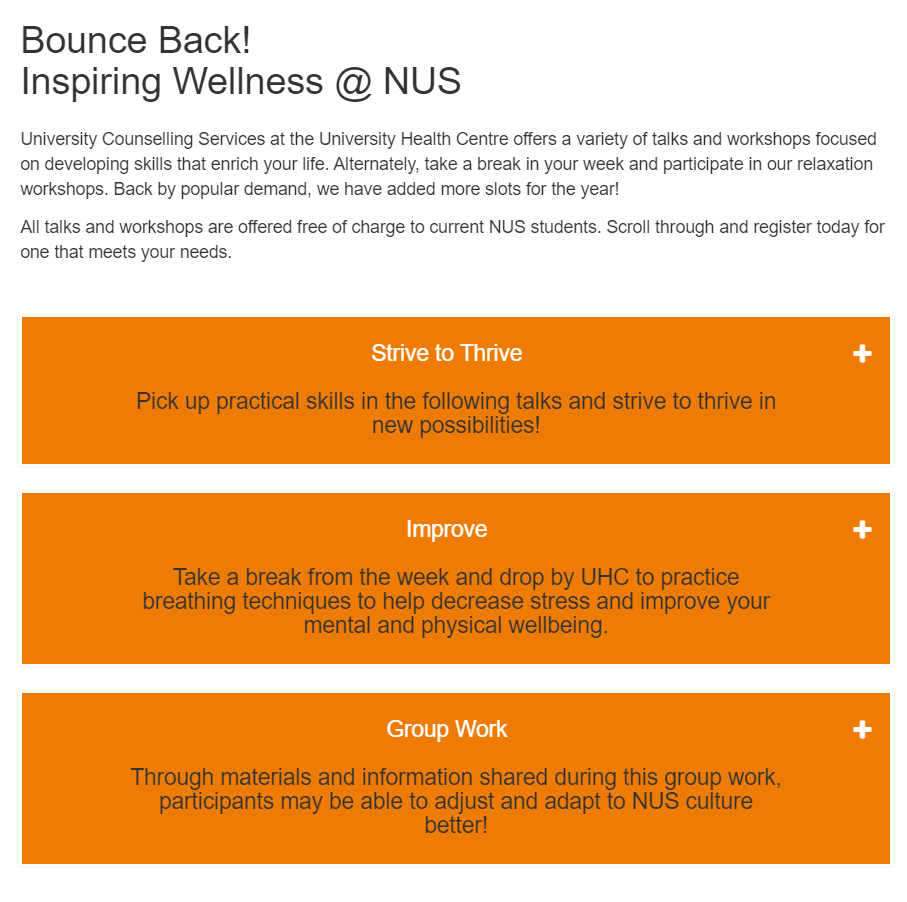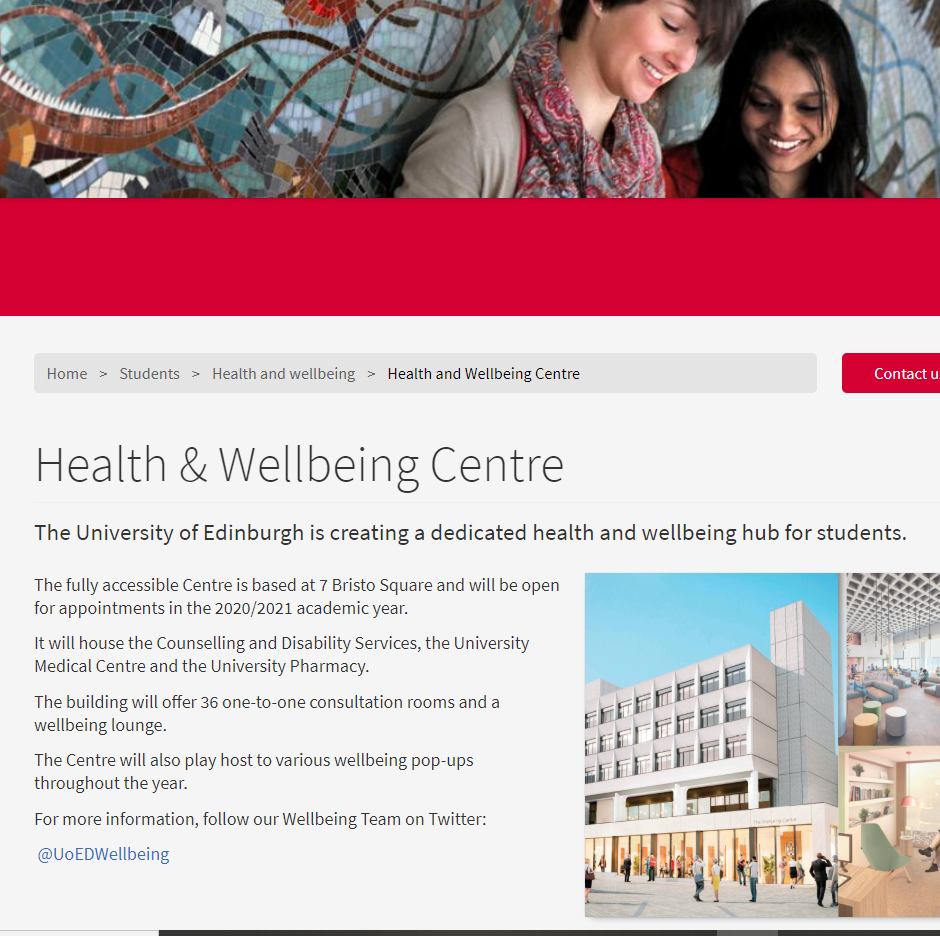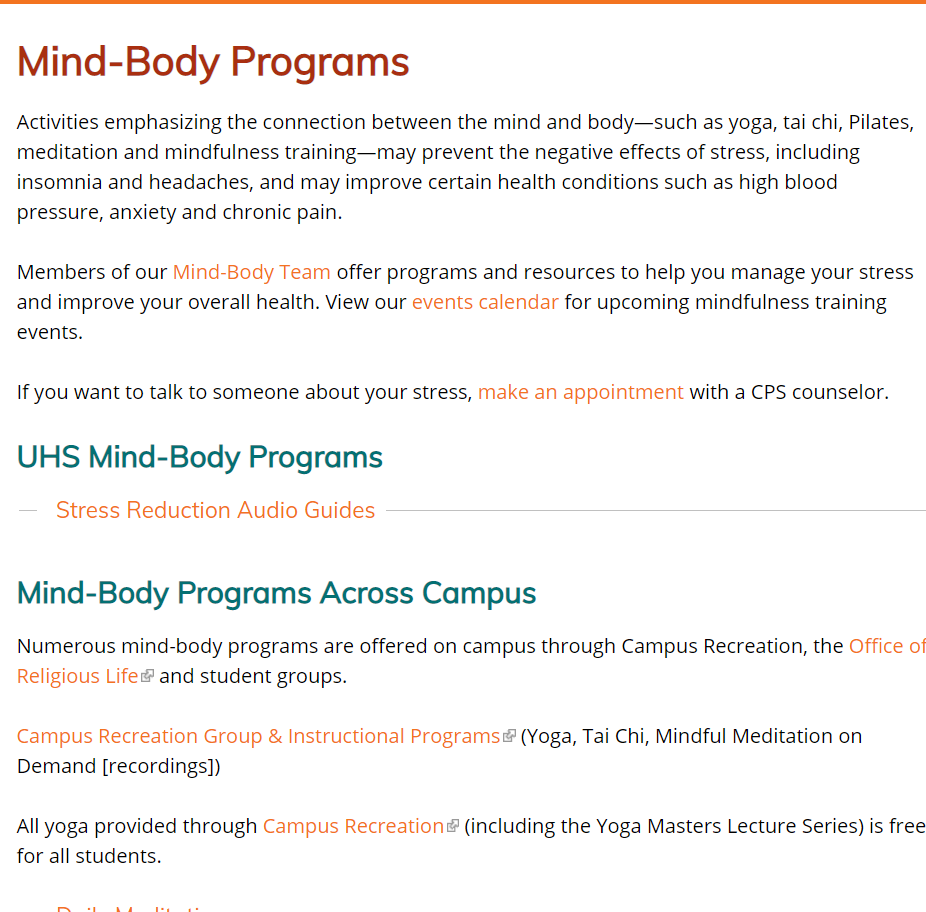Are you looking for ways to seriously address mental health issues within your university student population? In this article, we have done an analysis of core strategies (summarized in the A-B-C strategy) how universities across the world deal with mental health affecting the student educational experience. We have selected institutions from the Times Higher Education World University Rankings.
Key Findings
- Most universities offer their students professional mental health support yet mostly only upon request.
- Students may not be aware of their need for mental health support due to a lack of visibility and the stigma emerging from how mental health is portrayed in the media.
- Universities succeeding at mental health support embed it into their student culture and course program.
Structure of the Article
In a nutshell, we differentiate between three types of mental health strategies at universities:
- (A) wareness strategy: Create general awareness on the importance of mental health and well-being
- (B) ackbone strategy: Provide professional psychological support for students with mental health issues
- (C) ommunity strategy: Build a culture and social support network with mental health programs for all
About the Below Blogpost
In the below we will go by each mental health strategy. We will list examples and hands-on interventions to promote student well-being in university. You can click on the pictures to visit the pages of the respective universities and their initiatives. All interventions vary in terms of their impact, effort, costs, and pay-offs.
Mental Health Strategy A(wareness)
The goal of this mental health strategy is increasing general awareness on the importance of mental well-being. This strategy thus functions as a way to break stigma and increase student sensitivity towards mental health.

Specific aims of interventions within the Awareness strategy may include:
- Raising awareness of mental health amongst the students and staff
- Familiarising students with the warning signs of mental health issues
- Clearly communicating the university’s action plan on mental health
- Reducing stigma, initiate an open space to talk about mental health
- Raising the visibility of resources and support for self and fellow others
Specific interventions within the Awareness strategy may include:
- Informational speeches on mental health
- Open orientation sessions on mental health
- Sharing first hand mental health issue experiences
- Educational talks from mental health professionals
Virtual wellbeing resources with self-help tips
Mental Health Strategy (B)ackbone
The goal of this mental health strategy is providing professional psychological support for students with mental health issues. We named this strategy the backbone strategy as this is the minimum support required for general student well-being. Besides, it prevents student fall-out and academic results may neither severely lack behind.

Specific aims of interventions within the Backbone strategy may include:
- Making support low-entry and easily accessible
- Provide information on who and how to contact for help
- Increase overall student understanding of the benefits of help
- Address the benefits of mental health in daily life and education
- Normalize and formalize channels to track mental health needs
Specific interventions within the Backbone strategy may include:
- Educational talks from mental health professionals
- Offering and the use of services from counsellors
- Offering and the use of services from therapists
- Peer support groups (e.g. by students and staff)
- Physical mental health and wellbeing centres
- Online platforms around mental health
Mental Health Strategy (C)ommunity
The goal of this mental health strategy is building a community of support. This can be done by strengthening the social network and providing mental health programs that are embedded within the overall study curriculum.

Specific aims of interventions within the Community strategy may include:
- Implement student well-being measures for everyone to participate in
- Build a strong and supportive student and organizational community
- Provide students with the necessary tools to navigate stressful times
Specific interventions within the Community strategy may include:
- Organizing mental health awareness weeks and days
- Free online resources to track your own mood and progress
- Student lead initiatives where they can share and organize activities for everyone
- Extra-curricular activities such as yoga classes or mindfulness lessons
Want to know more and hire an expert?
Promoting mental health is one of the best ways to connect an academic community, both students and staff. Act now, and contact a professional. Team coach Zuidas offers psychological expertise and support services for dealing with stress, conflict, collaboration, and communication issues within institutions. Subscribe to the Team Coach Zuidas newsletter to stay updated about mental health trends within continuously learning organizations.
This blogpost is written by Gema Benavides Jimenéz under auspices of Oscar Westra van Holthe.





